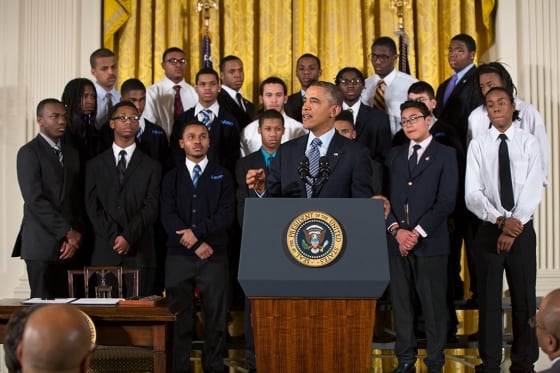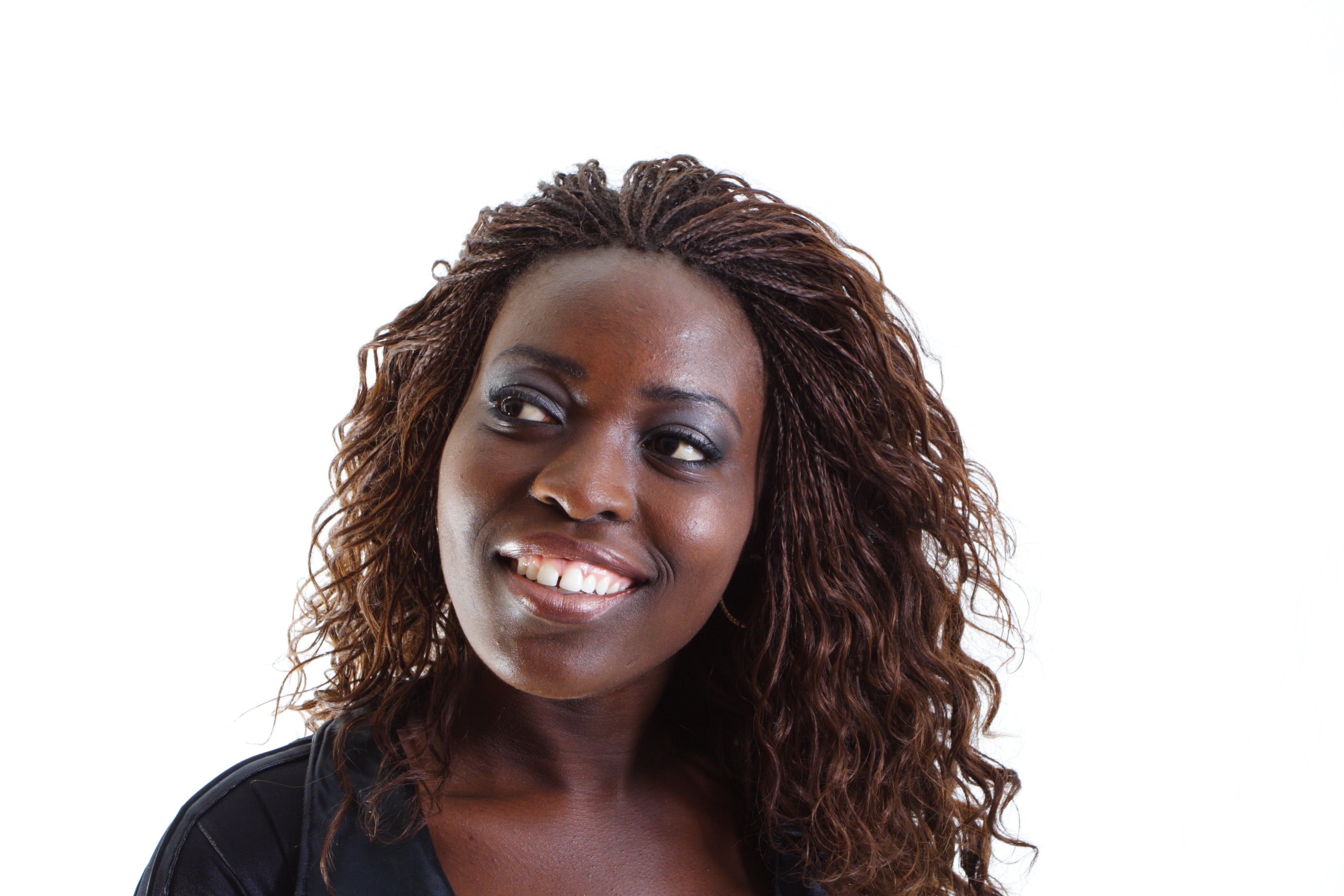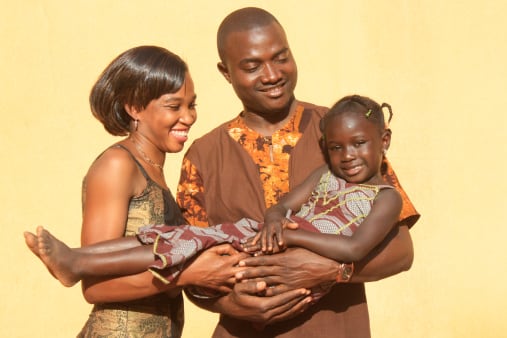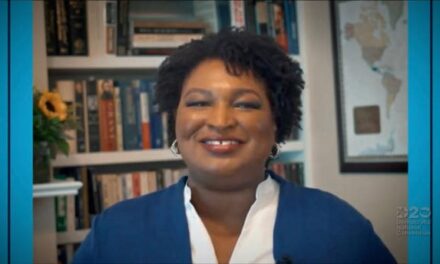The pendulum over whether “My Brother’s Keeper,” President Barack Obama’s initiative for boys of color, should also include girls has swung back and forth this week. Strong arguments are being made on both sides of the issue.

President Barack Obama delivers remarks at an event to highlight “My Brother’s Keeper,” an initiative to expand opportunity for young men and boys of color, in the East Room of the White House, Feb. 27, 2014. (Official White House Photo: Pete Souza)
More than 1,000 girls and women of color of all backgrounds signed a letter to President Obama, released on Tuesday, calling for the inclusion of girls in “My Brother’s Keeper.” They included Angela Davis, Rosie Perez, dream hampton and Mary Frances Berry.
In an op-ed on CNN.com, Paul Butler, a law professor at Georgetown University and former federal prosecutor, encouraged President Obama to follow the women’s advice “to include the sisters as well as the brothers.”
Butler, author of Let’s Get Free: A Hip-Hop Theory of Justice, continued:
“There’s a myth that girls of color are doing better than boys. But that’s not supported by the facts. Indeed the White House website attempts to justify MBK’s exclusion of females by stating that ‘boys of color are too often born into poverty and live with a single parent.’
“But don’t African-American girls live in the same single-parent households as African-American boys? Don’t Latina girls attend the same failing schools as Latino boys? Isn’t a teenage girl on a reservation in California as afraid of being a victim of rape as a teenage boy in Chicago is afraid of being a victim of gun violence?”
Journalist Roland Martin, however, made the case for keeping the initiative for boys only on his TV One morning show, “News One Now.” Girls should not be included, he said, because five years ago President Obama established the White House Council on Women and Girls to address their issues.
Martin also suggested that the 1,000 women and girls lobby Valerie Jarrett, chair of the council. They should push the council to create more programs targeted to the needs of girls of color, he added.
The editors of Fierce ardently support the creation of a new initiative for girls of color, particularly black girls. This could be accomplished through the White House Council on Women and Girls. But we also think that boys need programs just for them. All black children struggle with issues related to discrimination and the historical impact of racism, but young men and young women need different types of attention and different types of support. That said, we appreciate brothers like Butler who want to make sure all our children get the love, encouragement and attention they need.
What do you think? Should My Brother’s Keeper be open to girls? Share your thoughts in the comment section, below.








